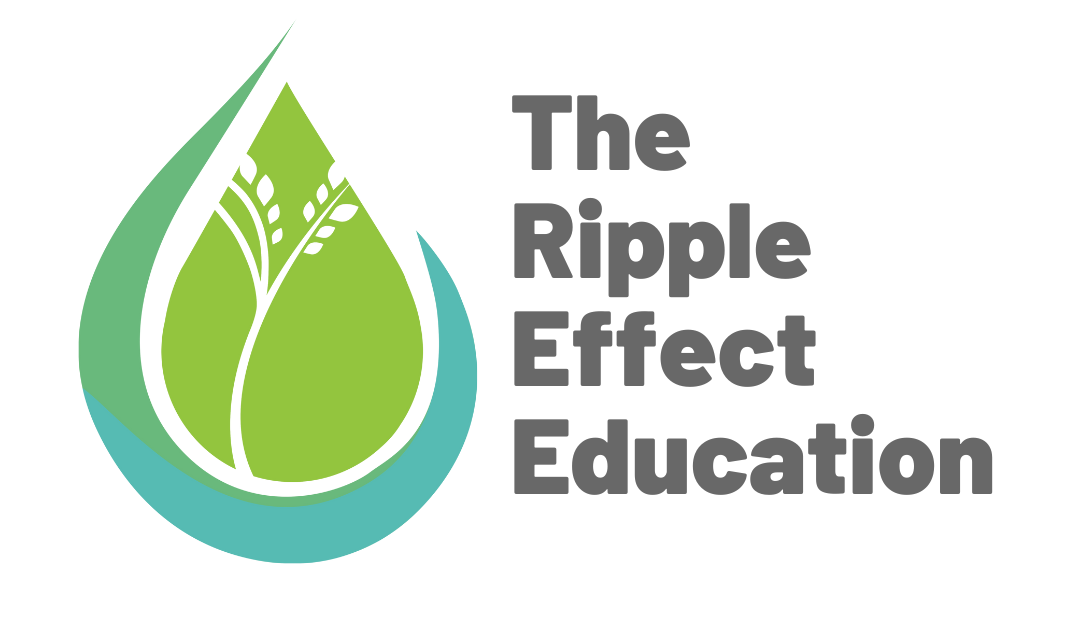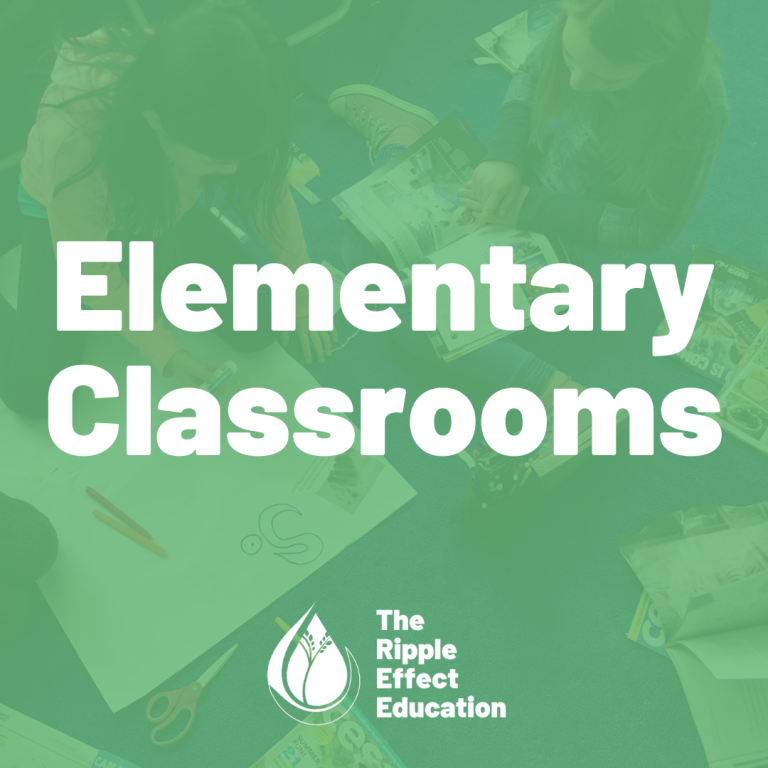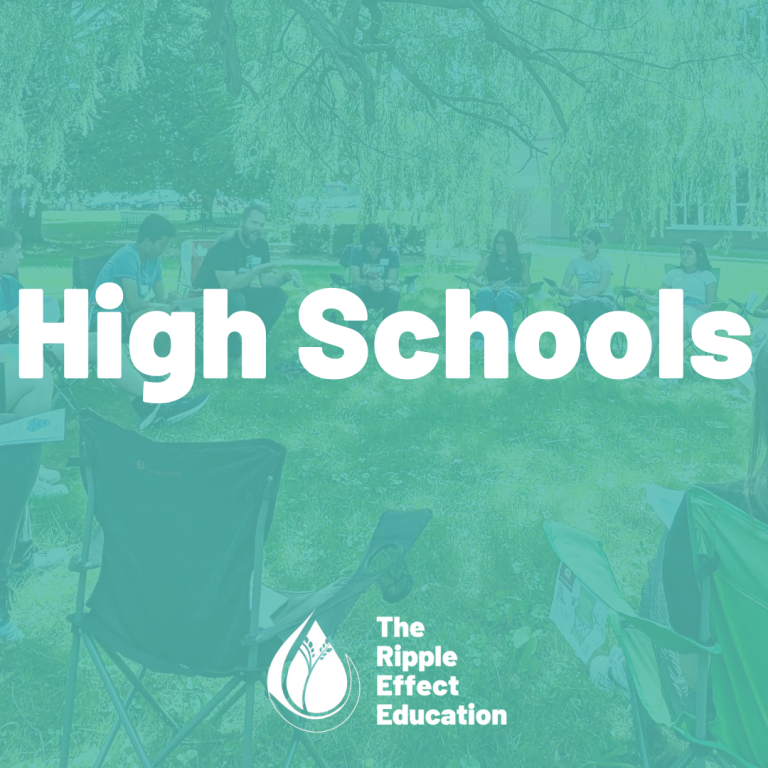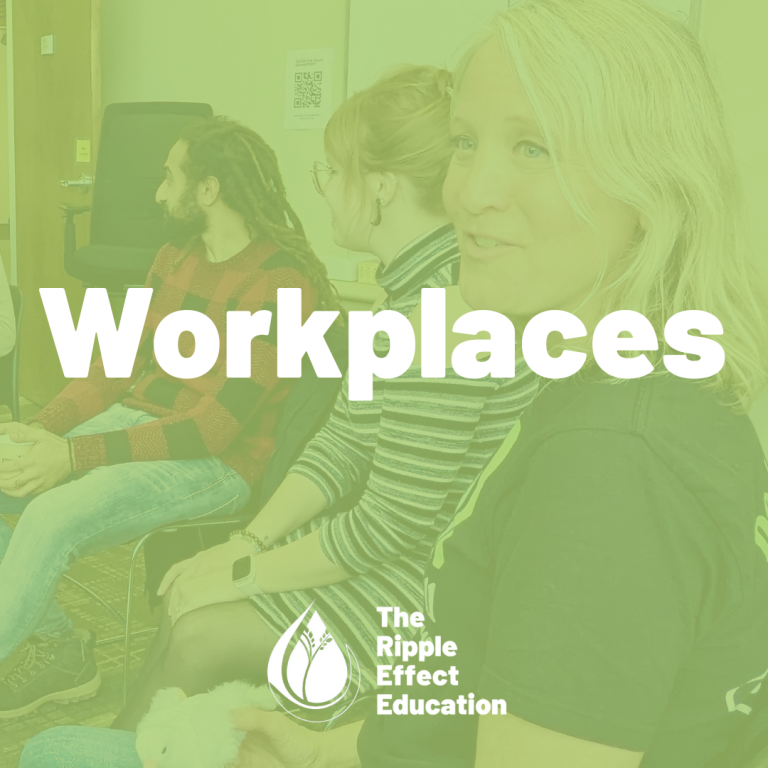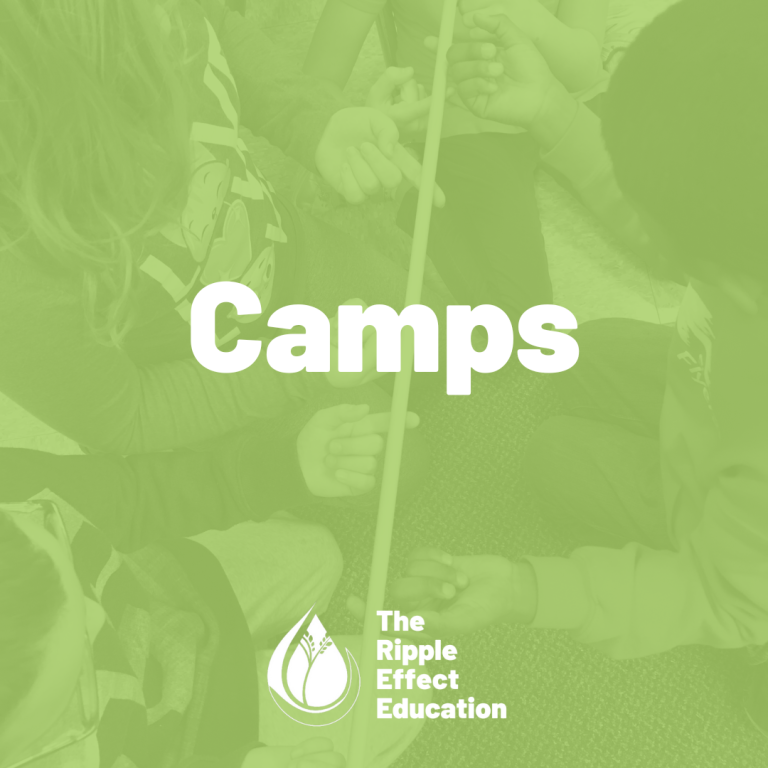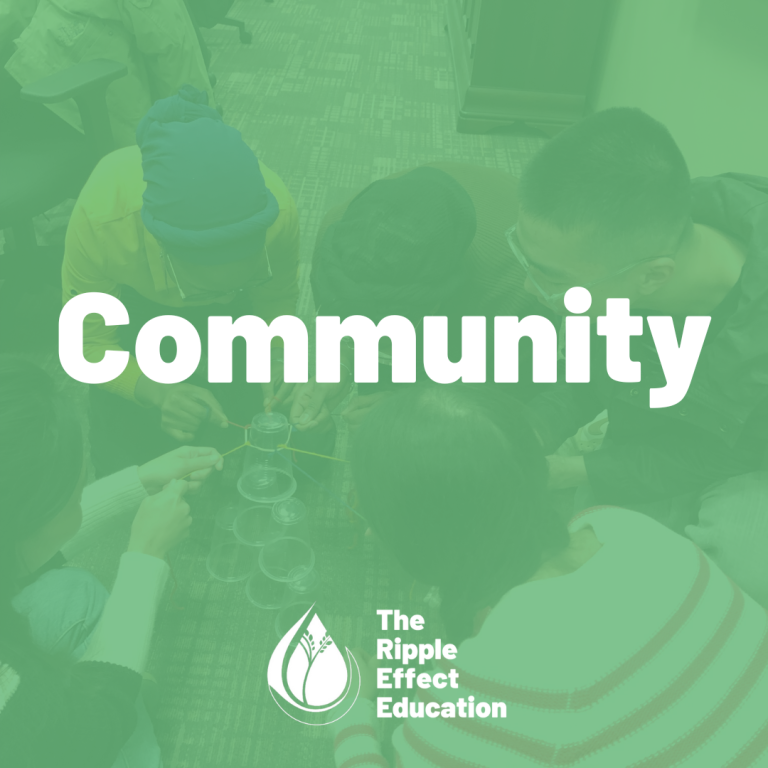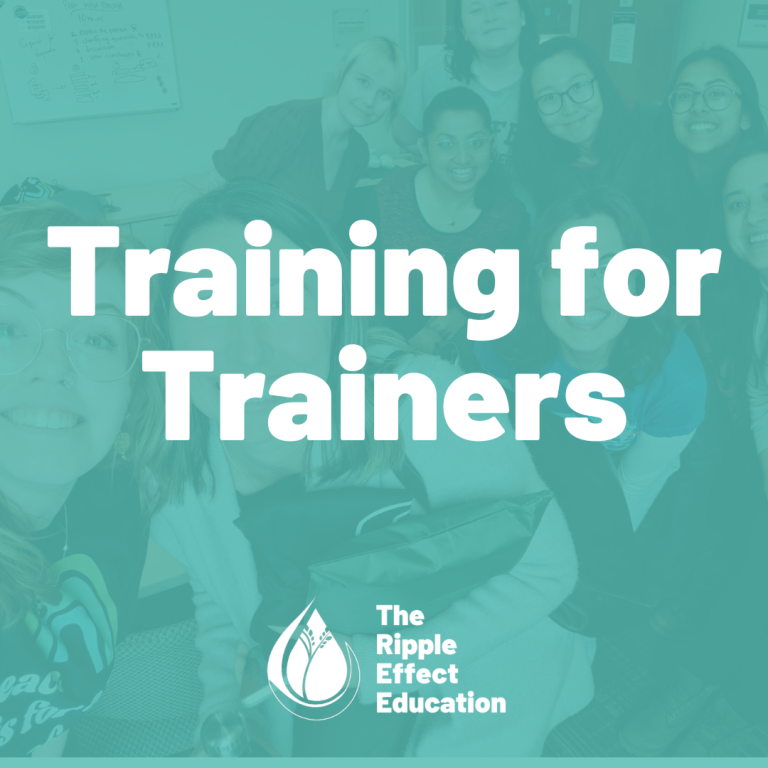“Finding balance” is an expression we hear all the time. The phrase is only two words, and sounds simple enough, but it can be easier said than done, particularly when applied to ourselves. For myself, finding balance has meant being mindful of my needs and cultivating self-care practices that help to reduce anxiety and stress. The practice of yoga has allowed me to find an inner balance, an equilibrium I can take with me off the mat once I am done with my practice, into my daily life which helps to keep my mind, body, and spirit in balance.
Mind: As “yoga has an effective role in reducing stress (and) anxiety” (Shohani, et al., 2018), I have found it to be a great benefit for balancing my mind and spirit. Where our minds go, our energy follows, and yoga provides me the opportunity to slow down and be mindful of both the thoughts which have been troubling me and I am bringing to the mat, or the ones which come to the surface during my practice. Often when I am struggling with a problem or am experiencing a lot of stress, I will unroll my mat and use the time to focus on the poses rather than my thoughts, and within 15-20 minutes, I find I can think more clearly, and have a more balanced outlook. Yoga allows me the space to reduce any anxious, overwhelming thoughts or emotions I experience, which then provides me an opportunity to reframe or adjust my mindset.
Body: Beyond improving flexibility, yoga offers a multitude of benefits. As a physical exercise, it “generates balanced energy, reduces breathing and heart rates, lowers blood pressure and cortisol levels, increase(s) blood flow…Yoga practices can thus improve pre existing medical conditions such as arthritis (and) cancer” (Bridges, L., & Sharma, M., 2017). When our bodies are given the opportunity to experience the health benefits which accompany yoga, we can restore ourselves to a place of balance. I recently experienced an accident which left me unable to do my regular practice, and I found even though some days I was only able to do yogic breathing, I was able to reduce my levels of pain and discomfort. As “our thoughts, feelings, beliefs, and attitudes can positively or negatively affect our biological functioning” (Hart, P., 2016), yoga can be a powerful self-care tool to bring all of those things into balance.
Spirit: The mind-body integration of yoga means it is also an effective technique to find balance within our spirit. The cyclical relationship between our bodies and minds means: the body affects the mind, which impacts the body, which then affects the mind…a never ending cycle of influence and effect. The practice of yoga, with its “controlled movement and breathing and attention to (the) present moment…can help quiet the mind, calm the human system and build capacity for interoception” (Heeter, et al., 2021). Yoga gives me the space to quiet myself and the capacity to listen to my spirit, facilitating an overall sense of balance within me.
Self-care is critical for our emotional health. For myself, yoga has meant I have a tool in my self-care toolkit which allows me the space and time to slow down, be mindful of where the tension is or the places that could use attention in my mind, body and spirit, as well as techniques to attend those areas.
Read our related blog posts:
- Ways to Implement Self-Care in Young Children
- Making Self-Care Routine This Year
- Three Mindfulness Practices for Stronger Relationships
Bibliography
Bridges, L., & Sharma, M. (2017). The Efficacy of Yoga as a Form of Treatment for Depression. Journal of evidence-based complementary & alternative medicine, 22(4), 1017–1028. https://doi.org/10.1177/2156587217715927
Hart, P. (2016). What Is the Mind-Body Connection?. Earl E. Bakken Center for Spirituality & Healing, University of Minnesota, https://www.takingcharge.csh.umn.edu/what-is-the-mind-body-connection.
Heeter, C., Allbritton, M., Lehto, R., Miller, P., McDaniel, P., & Paletta, M. (2021). Feasibility, Acceptability, and Outcomes of a Yoga-Based Meditation Intervention for Hospice Professionals to Combat Burnout. International journal of environmental research and public health, 18(5), 2515. https://doi.org/10.3390/ijerph18052515.
Shohani, M., Badfar, G., Nasirkandy, M. P., Kaikhavani, S., Rahmati, S., Modmeli, Y., Soleymani, A., & Azami, M. (2018). The Effect of Yoga on Stress, Anxiety, and Depression in Women. International journal of preventive medicine, 9, 21. https://doi.org/10.4103/ijpvm.IJPVM_242_16.
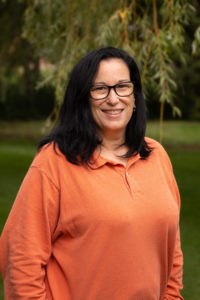 Nancy Williams is in the 4th year of her Peace and Conflicts degree, as a mature student at University of Waterloo. She is passionate about working with youth, something she discovered while working at oneROOF Youth Services in Kitchener/Waterloo as a Youth Support Worker. As a Peace and Conflict Studies student, and someone who believes peace education and peaceful conflict resolution are integral to creating inclusive, harmonious communities and relationships, Nancy is thrilled to be working for TREE and to have the opportunity to combine her dedication to peace studies and enthusiasm for working with young people.
Nancy Williams is in the 4th year of her Peace and Conflicts degree, as a mature student at University of Waterloo. She is passionate about working with youth, something she discovered while working at oneROOF Youth Services in Kitchener/Waterloo as a Youth Support Worker. As a Peace and Conflict Studies student, and someone who believes peace education and peaceful conflict resolution are integral to creating inclusive, harmonious communities and relationships, Nancy is thrilled to be working for TREE and to have the opportunity to combine her dedication to peace studies and enthusiasm for working with young people.
